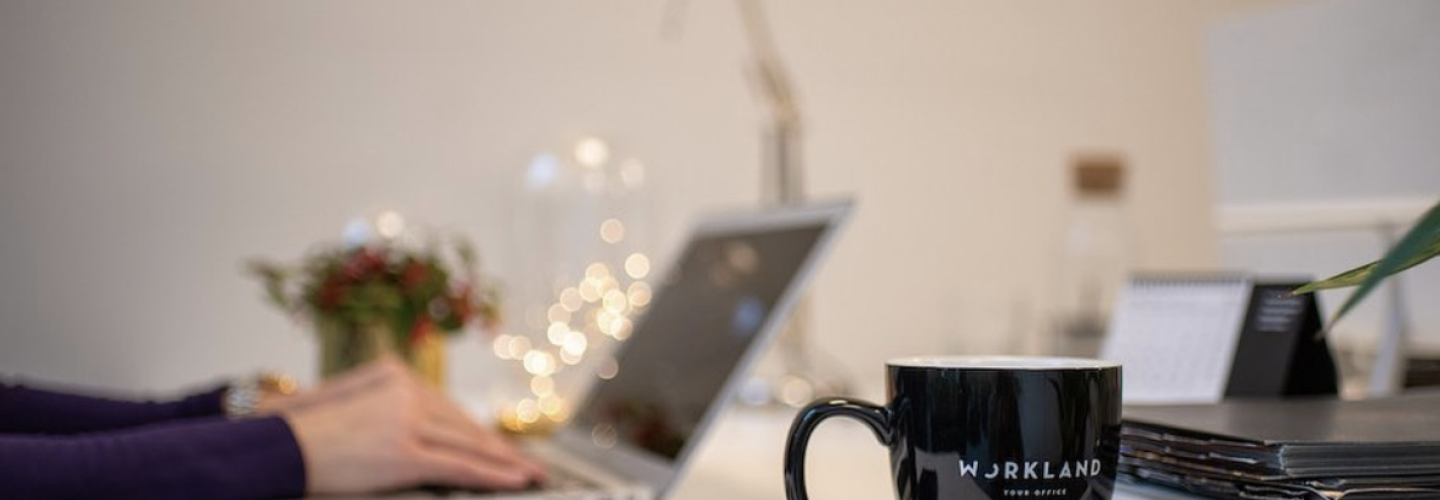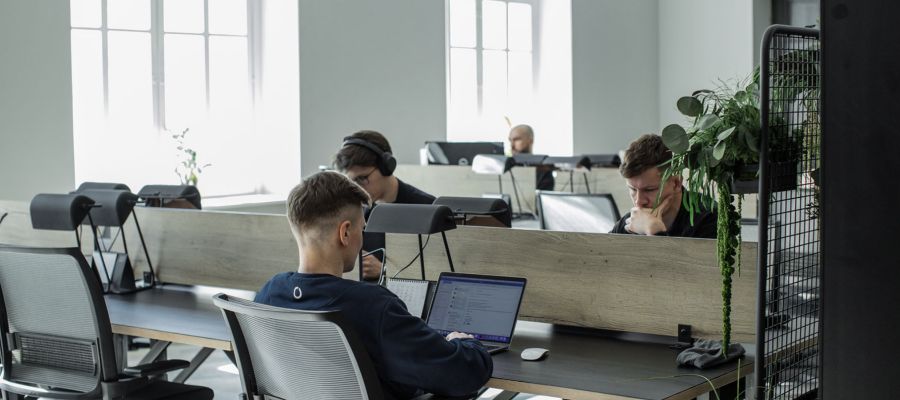1. Learn to tolerate uncertainty.
One of the things people fear the most in critical times is uncertainty. The current pandemic already has and will keep bringing a lot of uncertainty for all of us. If only we knew when the crisis ends, we could immediately start problem-solving and planning. No-one has much knowledge and long term experience with coronavirus. In cognitive-behavioural therapy, we learn to cope intolerance of uncertainty by carrying out behavioural experiments. The idea is to learn that even if things don't go as planned, you can still deal with them.
2. You are not your thoughts.
We have an average of fifty to sixty thousand thoughts during a single day, and the thinking level of mind pervades our lives. We can't control every thought that comes into our minds (e.g. worrying), but we can change how to respond to them. Start by writing down some of your thoughts for a few days, and you will soon start finding an interesting pattern.
3. Your family members are your closest colleagues during the lockdown. Be kind to them.
Discuss, and if necessary, create a schedule for making all of this work at a home environment now that kindergartens, schools, offices, gyms and other important places of our supportive network are closed. If the day did not turn out as planned, talk about it and prepare again for tomorrow. Always remember - you are more resilient and adaptable than you think you are!
4. Maintain your normal workday routines.
Researchers have found that routines can have far-reaching psychological benefits. My personal example:
- Try to wake up at the same time as during working days.
- Do the usual morning rituals and don't lose pace - otherwise, you will start working midday the earliest.
- Take a walk outside in the morning, so your body knows you're about to start the workday. Btw this has been most useful for me!
- What do you usually do when you arrive at work? Have coffee? Do you have special music for working? Follow the same pattern.
- Set up online meetings or just call colleagues who have helped to get a better framework for your work.
- Don't forget to wind down. Go running, walking or do some yoga (but keep the social distance!).
5. Do not constantly follow the news - this is also called procrastination and might make matters even worse.
It can make you feel anxious and lowers your focus. Try reading the news once a day for the next week and see how much practical work you can get done instead.
6. Meditate. Meditate. Meditate.
Meditate daily to find more resilience, steadiness and calmness during uncertain times. Research shows that meditation is an essential key to our overall wellbeing. However, keep in mind that meditation is not the answer to all life's problems. Instead, all life's challenges can be seen more clearly through the lens of a clear mind.
7. Seek help if necessary!
The current crisis affects us all differently: some might enjoy time off from the regular office routine while others might lose their jobs if not everything they have ever worked for. Not to mention the struggle of being sick with the virus and other health issues. If you feel overwhelmed, tired, angry, anxious, sleepless or have other serious worries, do not hesitate to seek help from a mental health specialist. Most clinical psychologists are also working online.




